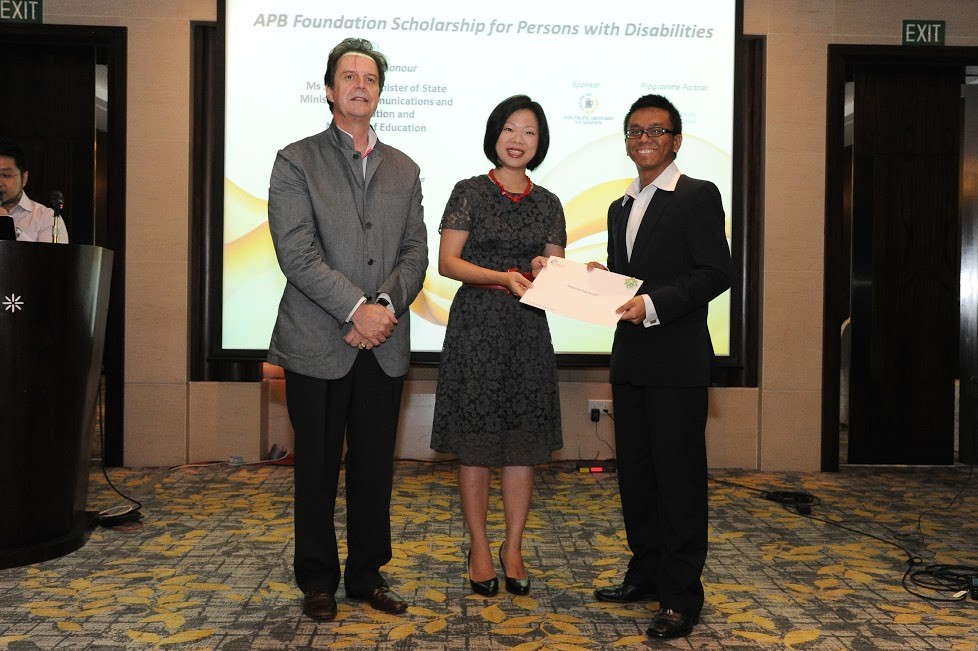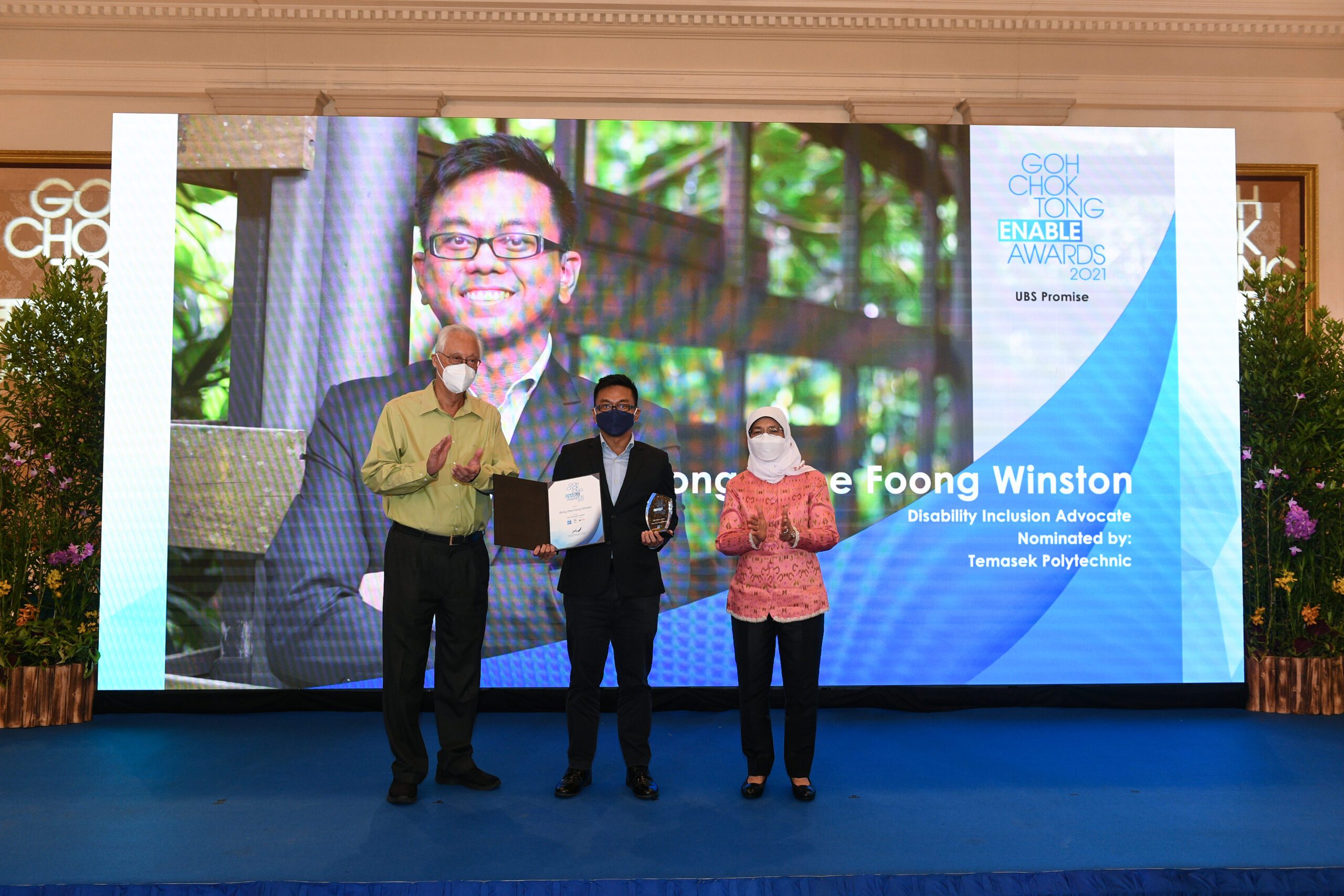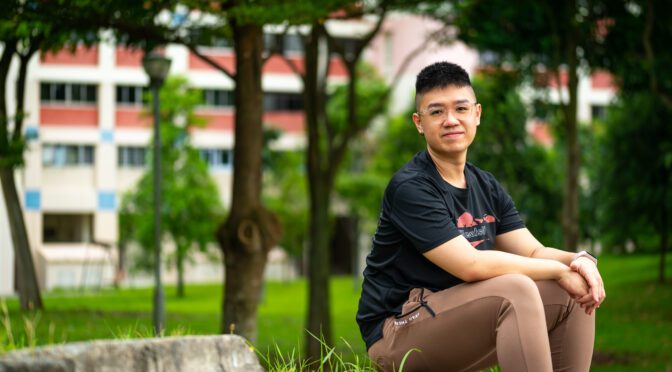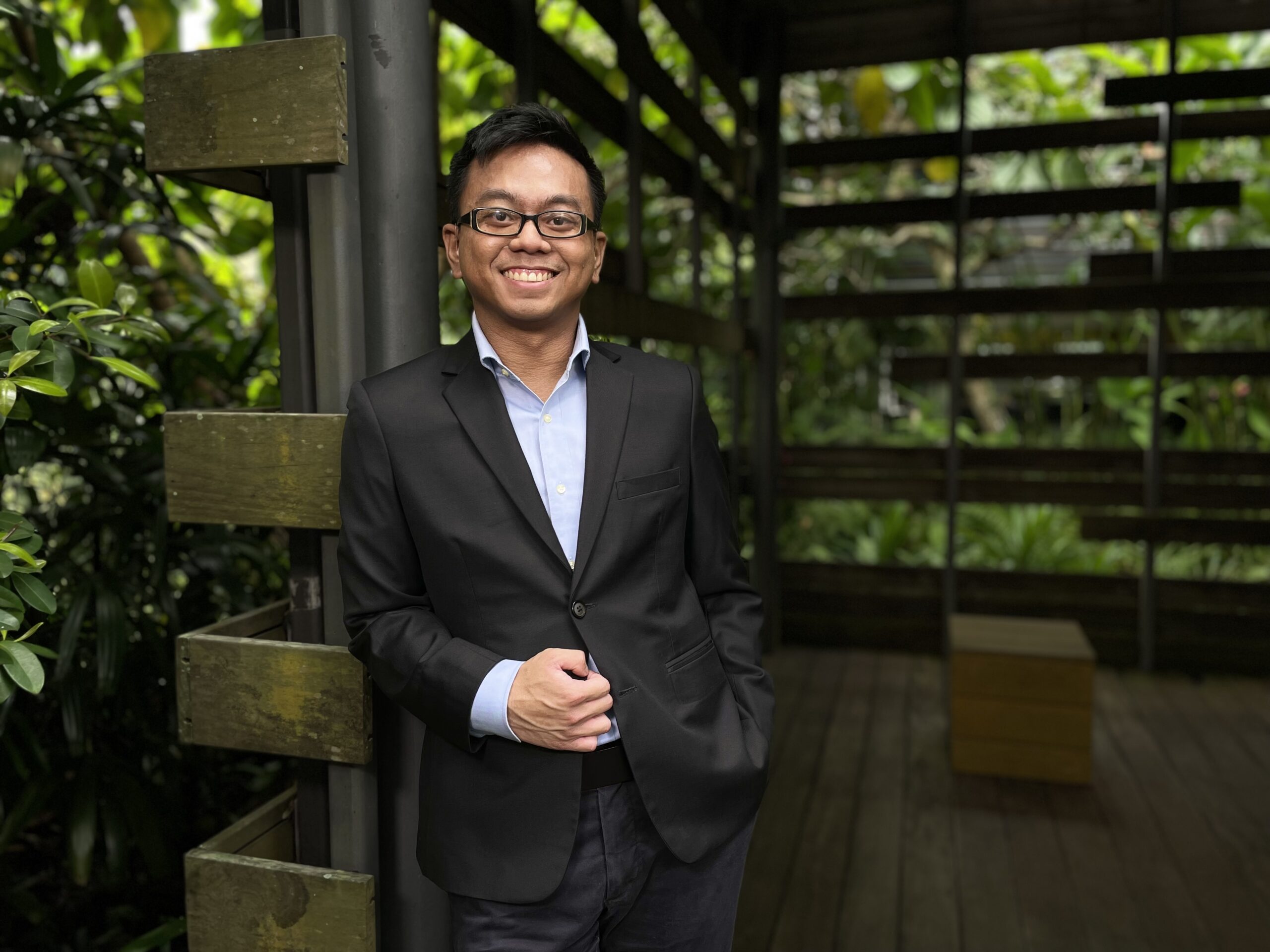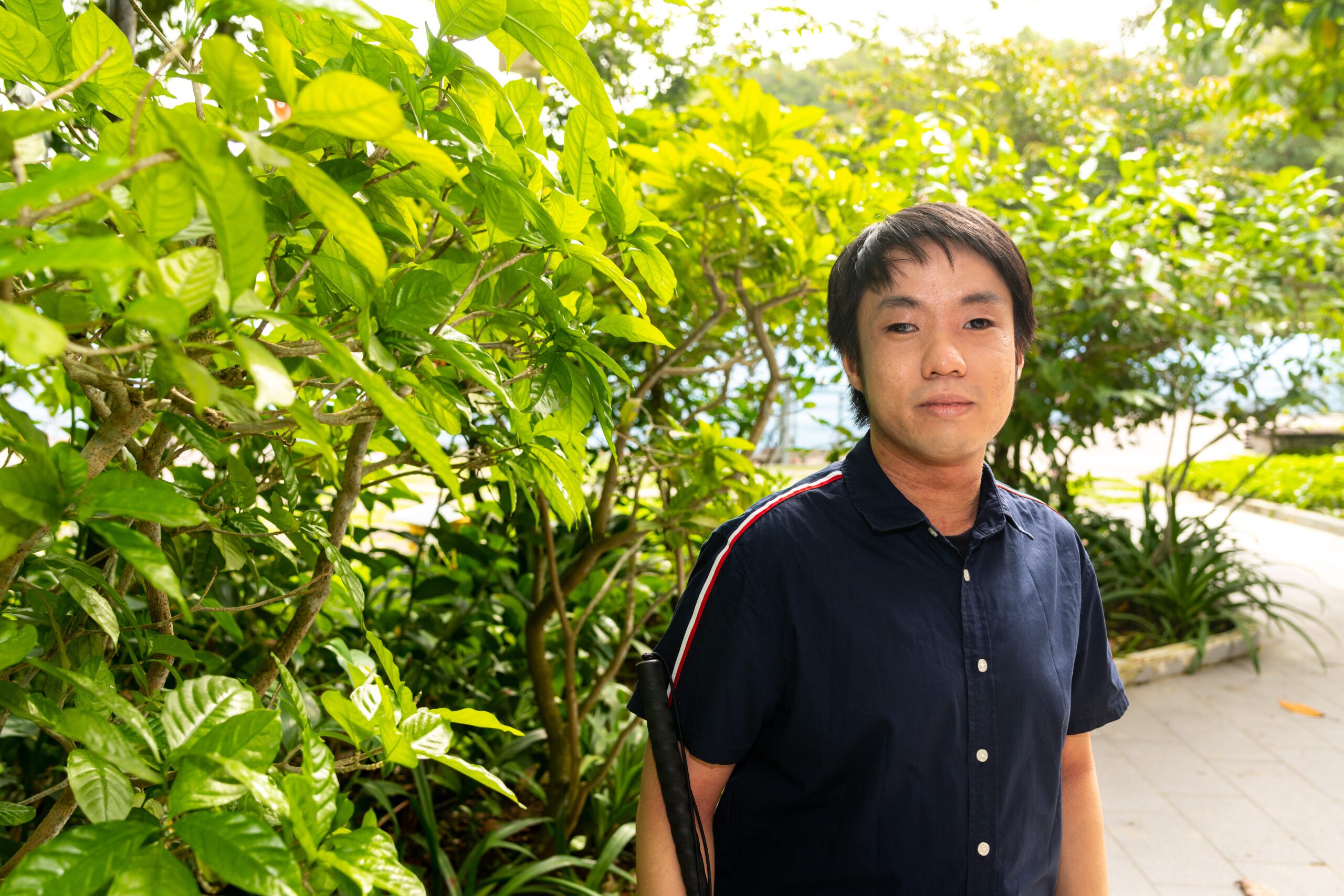The work reality for a person with disability
Like most fresh graduates, all my energy was spent on finding a job. The search was enervating. I sent out a total of seventy-five job applications. Any enthusiasm I had quickly devolved into disillusionment. My friends and I applied for the same jobs, and even though we had the same degree, and even though we graduated with similar Grade Point Averages, they were getting calls for interviews whereas I was passed over. In my résumé and cover letters, I made it a point to declare that I have a disability, as I didn’t want the hiring managers to be shocked after seeing me in person at the interview round. In bold was written ‘Recipient of Asia Pacific Breweries Foundation Scholarship for Persons with Disabilities’. I was also awarded the Most Outstanding Deaf Student (Tertiary) by the Singapore Association for the Deaf. Isn’t it ironic that the prestigious scholarship and the award, which had been a great source of pride for me, would become obstructions?
Out of my seventy-five job applications, only four organisations eventually reached out to me for an interview. Even with my academic achievements and track record as an active university student, only two extended an offer. Naturally, I lapped up the first job offer. It entailed recommending disciplinary actions for errant employees who had committed offences. It’s a huge deviation from biomedical engineering, but I had realised that working in a lab, going through failed experiment after failed experiment, was not a life for me. As you can imagine, my new job required me to liaise with people from different departments. The volume of the landline phone was very soft, and the voices were often inaudible. This issue I raised to my supervisor, who told me to find a substitute. I did get a new phone with a built-in amplifier, and it worked about sixty per cent of the time. But because I couldn’t lipread a disembodied voice, I had to resort to telling the other party to drop me an email instead.
Being a junior staff member, I was of course saddled with the menial tasks, one of which was taking minutes. What would be a simple task most people could effectively accomplish was an uphill climb for me. I immediately aired my concerns to my bosses, who told me to just give it a try. Because I had to be seated at a corner, the voices of the higherups on the other end became mere mumblings. The cross talking didn’t help too. My minutes turned out to be sparse and useless. Realising their folly of asking a hard-of-hearing person to take minutes, my superiors asked what they could do to help. I suggested roping in a partner to help with the minute-taking, so he could fill in the gaps with his notes. They eventually assigned me one.
And this is an important aspect of the self-advocacy message that I share with youths today as part of my work as a special educational needs (SEN) officer (which I will come to it shortly). I left my first job within eighteen months as I felt an uneasiness that through my disciplinary recommendations I had a direct hand in ending the careers of breadwinners. After an eleven-month hiatus (during which I was a part-time tutor to students with and without disabilities), I joined Nanyang Technological University’s Accessible Education Unit, whose aim is to provide support to students with disabilities, in 2017. My then reporting officer fought for me to get the job, as she knew my lived experience made me uniquely qualified. She was a professional with more than thirty-five years of experience in the disability sector, and she patiently taught me everything that I know now, from interacting with people with disabilities to supporting students with special educational needs and teaching others to pick up assistive technologies. I am eternally grateful to her grooming and guidance, without which I wouldn’t be who I am today.
After two years, I made a switch and currently I’m working at Temasek Polytechnic in the same role. I hit the ground running, empowered by my prior experiences in Nanyang Technological University. The handover of my predecessor’s caseload was seamless. My department boss and reporting officer are fantastic people who believe in my capabilities and always let me shine through my passions and strengths, one of which is disability advocacy. For example, they supported me when I wanted to conduct disability awareness training sessions for staff and students in Temasek Polytechnic. They encouraged me when external organisations such as SG Enable, SPD and Engineering Good approached me to be their guest speaker and panellist for disability awareness and topics. They also gave their blessings when I wanted to kickstart a new interest group that provides an avenue for students to advocate for disability. As I did not have such a disability-focused CCA or support group back during my schooling days, I wanted to rally students who have empathy towards persons with disabilities. And so SENvocates was incepted in April 2021. From a mere four students, within a year SENvocates now has a membership of fifty students. My department boss and reporting officer then nominated me for the Goh Chok Tong Enable Awards (UBS Promise), in recognition of my disability advocacy efforts within and outside Temasek Polytechnic. I was humbled and honoured to receive the award from President Halimah Yacob and ESM Goh Chok Tong on 3 December 2021, during a ceremony that was held in conjunction with the International Day of Disabled Persons.
